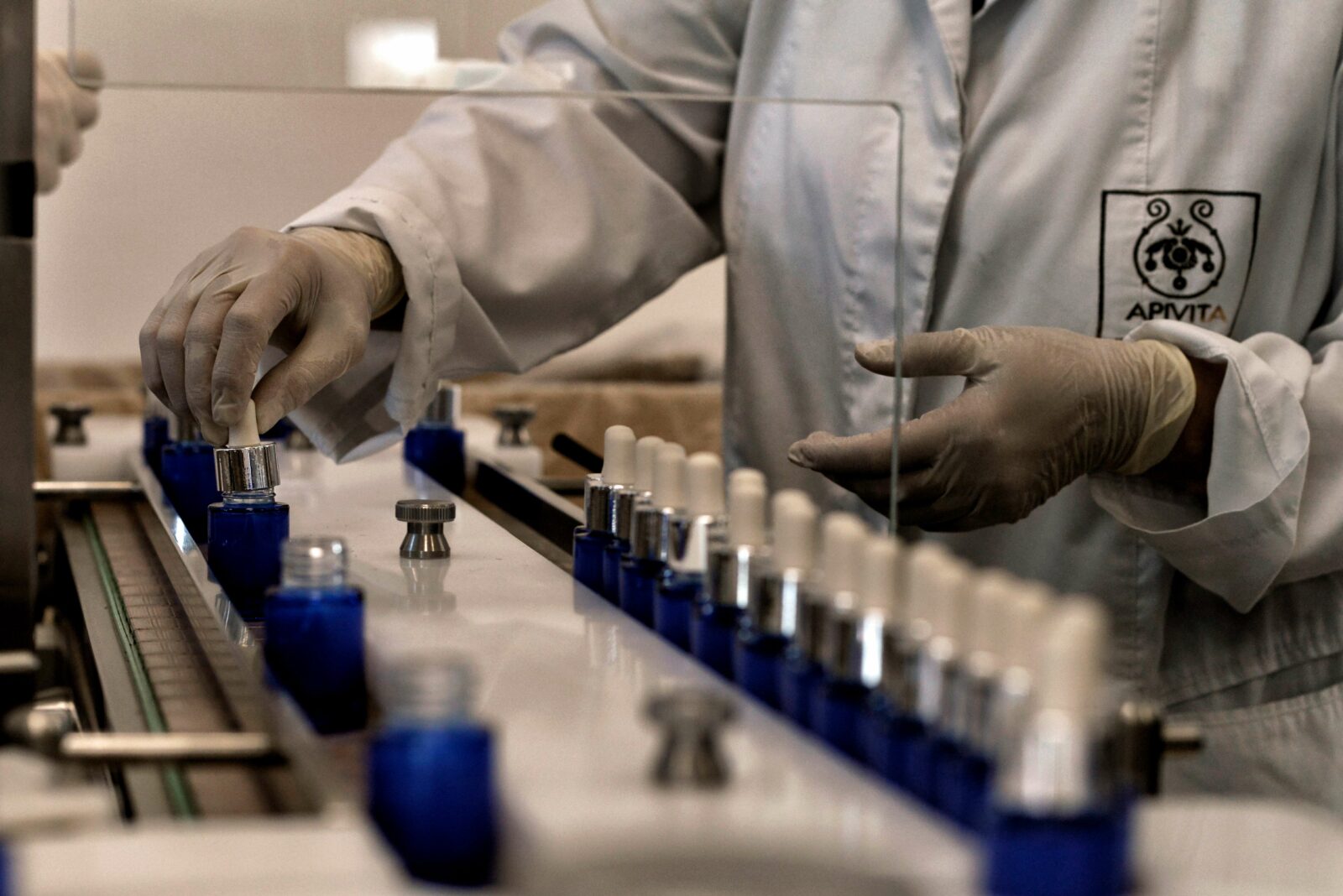United States: The makers of medical tests that have avoided government scrutiny earlier will have about four years to present sufficient evidence that their new products produce accurate results under a regulatory rule, which the testing industry fervently opposed.
Finalizes Rule to Ensure Accuracy
The rule finalized by the Food and Drug Administration on Monday phased in regulation of new tests developed by laboratories. This is an important step that FDA officials say is needed to diminish the growing risks to Americans. The intent is to guarantee that fresh new tests for cancer, heart disease, COVID-19, genetic conditions, and many other illnesses are safe, accurate, and reliable, as reported by the Associated Press.
“The agency cannot stand by while Americans continue to rely on results from these tests without assurance that they work,” FDA Commissioner Robert Califf told reporters on a conference call.
The FDA chief said that faulty tests can cause unnecessary interventions or lengthen the treatment time.
Existing Tests Grandfathered
However, in a significant deviation, the FDA made a decision that cannot absolutely be reviewed by the FDA. The agency made it clear that the existing tests will be considered grandfathered, and such a move will address the issue of such measures “being against the interests of the society as it could lead to the widespread loss in access to diagnostic tools.”
Under the government’s regulation plan, the FDA will approve nearly all high-risk novel tests, such as those designed for critical diseases, within 3 1/2 years of approval. The initial referral test will be ready in about four years.
All will be covered — both old and new lab tests as well as the reporting of every mishap or error should they arise. As FDA officials think about the information they have obtained, they can deal with problematic tests.
“If we identify problems with the tests, we can take action against them,” said Dr. Jeff Shuren, director of the FDA’s device center. “Overall, we think this strikes the right balance.”
Industry Response and Implications

The NHA will not wait for the approval of diagnostic tests without peer-reviewed medical evidence.
In this regard, the FDA has already revised tests and kits produced by manufacturers of medical devices.
Yet some labs, large hospitals, and universities that make their own tests and want to sell them are allowed to advertise them without going through the agency. The industry has repeatedly resisted more effective examination, saying it will impair innovation and increase the cost of production.
Impact on Healthcare and Innovation
The agency puts the number of medical tests available at 80,000 from about 1,200 labs as of his estimate. These include also screening for chronic diseases like high cholesterol and STDs (sexually transmitted diseases).
In the 1970s and ’80s, most lab-based tests were “lower risk, small volume” products that were confined, as far as the FDA is concerned, to a local patients’ crowd.
From being a small lab, the business now covers the entire nation, with multiple labs that process thousands of samples (blood, urine, etc.) per week from hospitals and clinics. The former focuses on advertising to clients, even including some that claim they can talk about an individual’s risk of illnesses like Alzheimer’s and autism.
FDA officials have been issuing warnings about such tests, as they regard the accuracy of results of many patients with heart disease, Lyme disease, and other ailments as of bad quality. Inaccurate testing can cause wrong treatments, and patients can receive inadequate diagnoses, skip required treatments, or receive extra medicine or unnecessary surgery.
Over a decade ago, the agency adopted even more stringent guidelines, but they were never implemented until now. For years, the representation of US labs in legislative and other governmental institutions has been at the top of the agenda to stop the effort of stricter regulations, as reported by Associated Press.
The FDA released a draft of the new rule in September, and a leading industry group claimed that the agency does not have legal authority to encroach on the testing market.
The American Clinical Laboratory Association said Monday it “has grave concerns about this rule as a matter of both policy and law. The rule will limit access to scores of critical tests, increase health care costs, and undermine innovation in new diagnostics.”
This category is dominated by big testing chains like Quest Diagnostics, LabCorp, and a number of smaller players, including labs and test manufacturers.






